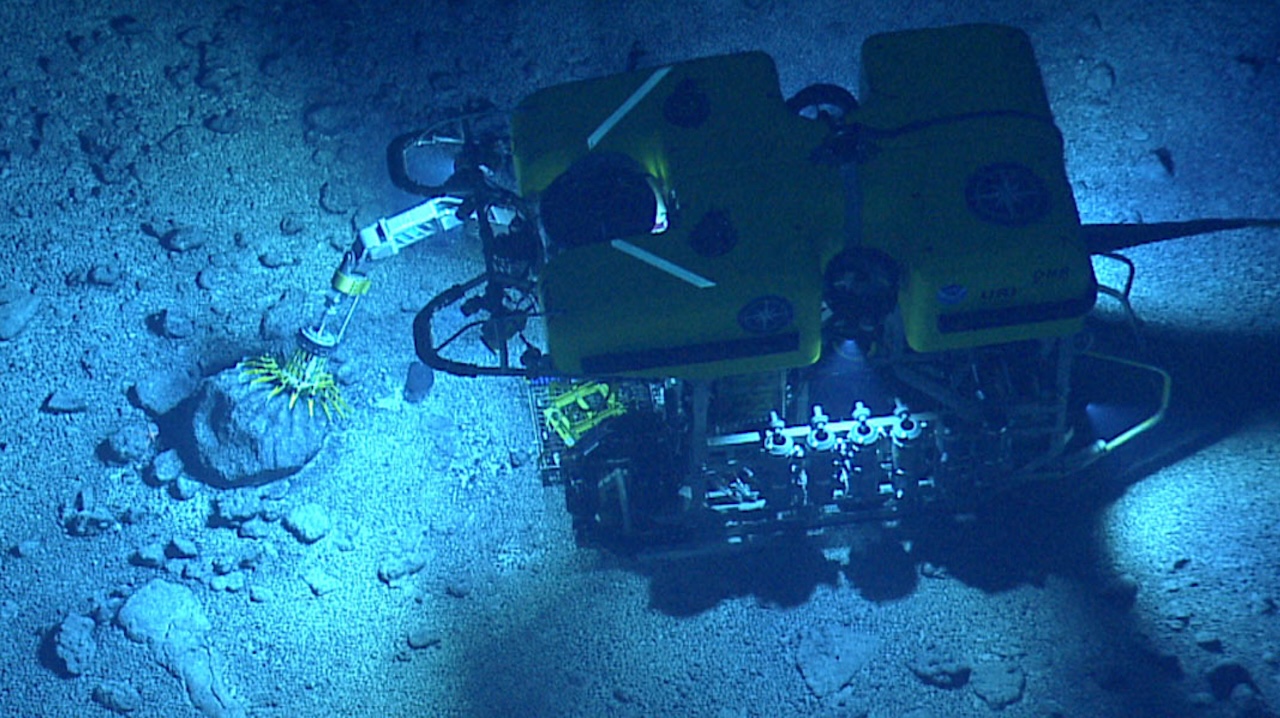Diving into the Unknown: How Robotic Explorers Are Revolutionizing Deep Sea Research

Revolutionary Advances in Ocean Research: Breaking the Boundaries of Traditional Marine Science
Modern marine research is no longer constrained by the physical limitations of shipboard accommodations. Cutting-edge technologies are transforming how scientists explore and understand our planet's vast oceanic ecosystems. Remote sensing, autonomous underwater vehicles, and advanced satellite communications now enable researchers to gather unprecedented data and insights without being restricted by the number of personnel who can physically board a research vessel.
These innovative approaches are expanding the horizons of oceanographic research, allowing scientists to collect complex marine data more efficiently, cost-effectively, and with greater precision than ever before. From deep-sea exploration to climate change studies, the future of ocean science is being reshaped by technological breakthroughs that transcend traditional maritime research methodologies.
By leveraging sophisticated robotic systems, networked sensor arrays, and real-time data transmission, marine researchers can now conduct comprehensive studies that were once impossible, opening up exciting new frontiers in our understanding of the world's oceans.

